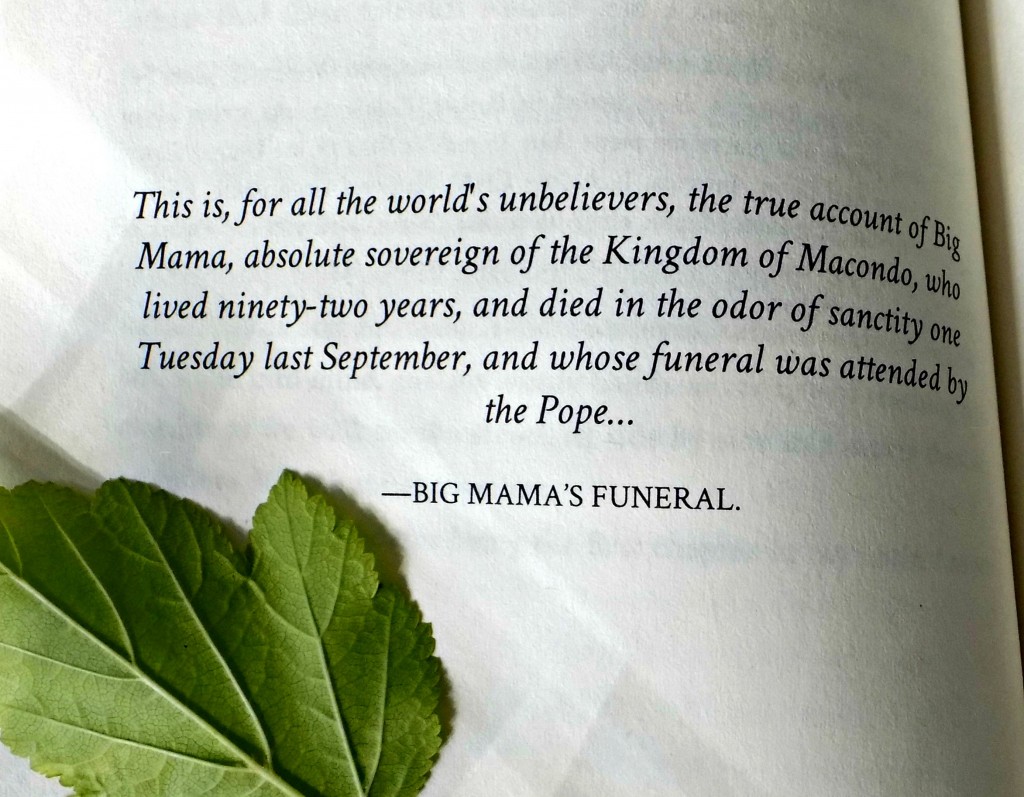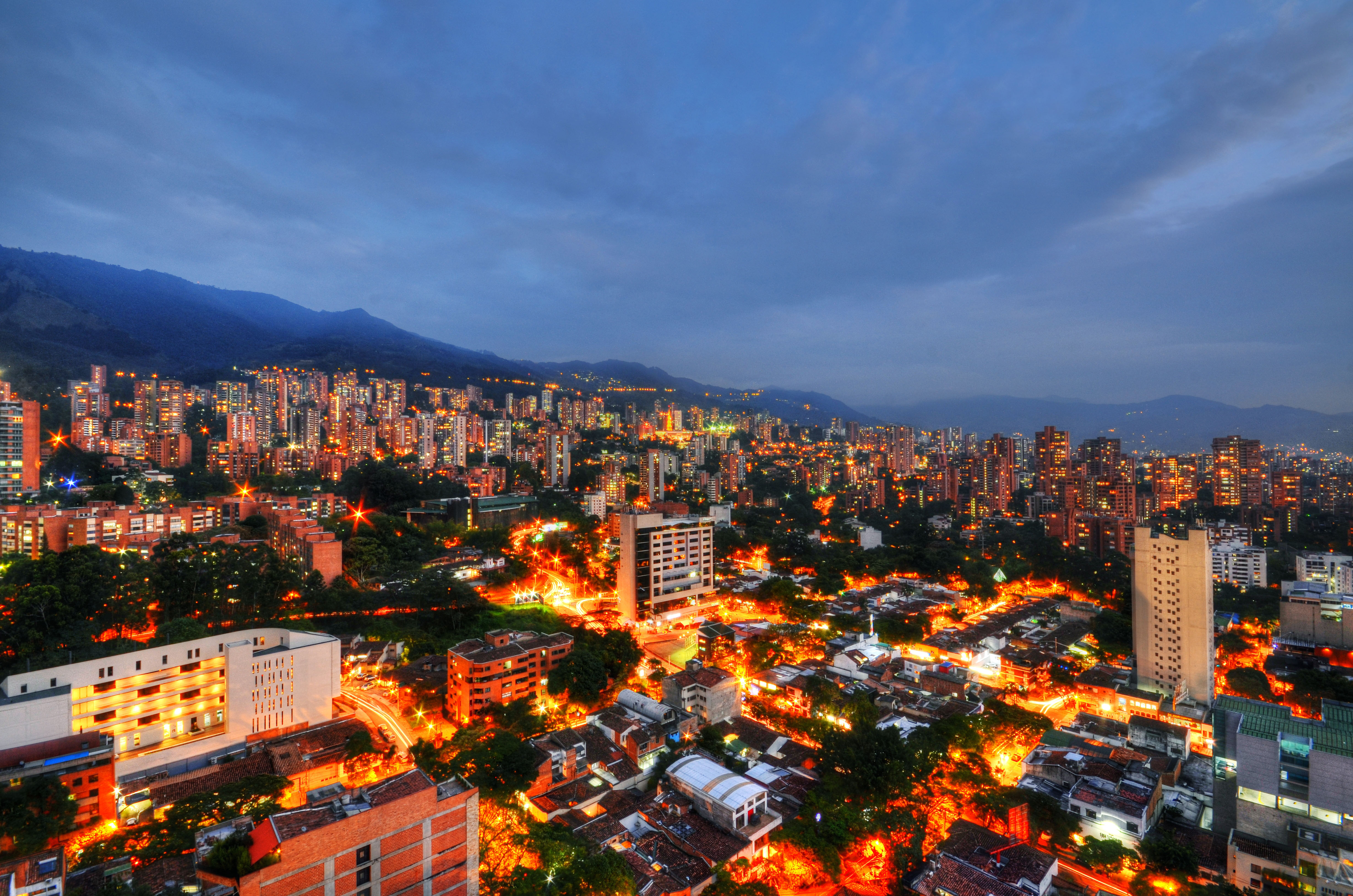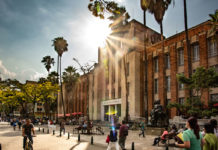Richard McColl is a foreign correspondent based in Bogotá, host of online radio show Colombia Calling and author of the upcoming novel “The Mompos Project.”
I recently spoke to him about the recently published Was Gabo an Irishman?, which he worked on in collaboration with Caroline Doherty de Novoa and Victoria Kellaway.
I was curious to learn more about the process, the title, and the selection of pieces, among other aspects of putting the book together.
When was the decision made to create the book and how long did the process take? Did the decision come at all from your podcast? In essence they are stories about Colombia that you talk about on it, was it just redirected towards Gabo?
Over a year ago, Caroline and Vicki started the project and approached me. It was around the death of García Márquez in April of last year. It wasn’t until January or February that we had a finished project.
The podcast helped, I can’t say it hasn’t, I have over 140 entries on it now, so it’s influential, but it was really a García Márquez thing.
Why did you choose that title?
It’s a very striking title; it makes you question it. During the Book Fair in Bogotá, we were present and found that a lot of people asked us about it.
It corresponds, of course, to the essay written by Caroline but I agree, we’ve seen that there’s a nature between Ireland and Colombia that makes them very similar—they are folkloric twin countries.
How were the writers chosen and gathered for the anthology?
We contacted writer friends that have a connection to Colombia, open to everyone, two Colombians were included in the book, as you can see, so it wasn’t just foreign writing.
Not all who sent were accepted, we saw that some weren’t exactly what we were looking for. Through expat groups and websites we had a great deal of people send their writing.
We were surprised by Jordi Raich and Asier Santillan Luzuriaga because those were big-time contributions, high-profile people.
Also, Colin Post of the Expat Chronicles contributed, and I was surprised to see his topic and style for the occasion. It was a great turnout.

Why do you think it’s important to publish such works and, more importantly, to publish print copies of books in this type of market where the digital format is thriving?
Actually, more print copies have sold than digital copies. There’s nothing like [the book] in your hand; maybe I’m just old school like that.
Also, it’s important because there is nothing like this on the market, foreigners come to Colombia and do their research- this could fall into a travel category as well- and they’re looking for something different.
When you look online, it’s not the most positive reading. You’ll get mostly politically based books on Amazon searches.
We wanted creative writing, and it’s been well received. People are looking for it. There was an event at the Colombian embassy in London on July 1st, a reading of the book. There’s a demand for books in English about Colombia.
Can the book be found in Colombian bookstores?
Yes, only a few, we haven’t reached out to many bookstores yet, I suppose we should soon.
You can find it in Ábaco Libros in Cartagena and in Bogota at La Madriguera del Conejo. Also, we’re on Amazon.
Who is your target audience?
The book is definitely not just aimed at the expat crowd. Our target audience is basically people interested in Latin America and literature, a bit of the travel crowd, of course, but mainly the former.
When you write, personally, who is your ideal reader?
Someone who has an idea of Colombia. I get in trouble as a journalist expecting people to know the basics.
One of the troubles is that you expect the reader to know, and sometimes they don’t. Especially a country like this, it’s known but not well-known.
What topics do you write about normally? In what proportion do you write literature to journalism, and where do you think these two meet?
I’m in the process of editing and printing “The Mompos Project” where I see a mix of my journalist side and my creative writing. I veer towards journalism, long-form journalism, which allows you to explore.
I was in La Casa Amarilla alone once and heard people outside playing dominoes, that slap of the dominoes so strong, and heard one state simply “the white lady was released.” That caught my ear. “The white lady” and when I turned on the news, Ingrid Betancourt had been released during the successful Operación Jaque.
That’s how I see the meeting between the two. When you’re writing, you have to find the context, just like in moments like this.
Will there be another project like “Was Gabo an Irishman?” or is it a one-time deal?
Well, we are still quite excited about this one at the moment, it’s still moving. There might be others. Unfortunately, Caroline is moving back to London though I suppose she could still be involved from abroad.
In a few months time, probably November time, we’ll probably look and see. Maybe it will be a series, who knows.
What do you think is the role of foreign creative writing in Colombia? Are you looking to be translated and read by the general population in the future?
[The role of foreign creative writing is] small, one of the key things is to have a Spanish edition of this book. You can only go so far, and it’s Spanish culture. We might study that down the line within a couple of months.
I think it’s important for writers to show a broader spectrum of what Colombia is, to, yes, show the negative, but alongside it other perspectives and that was the objective of this book.











